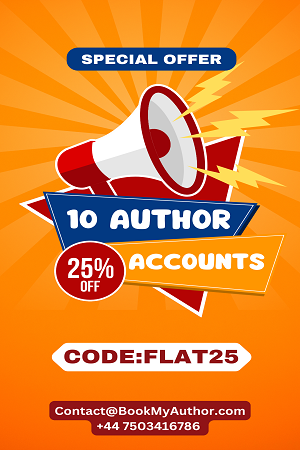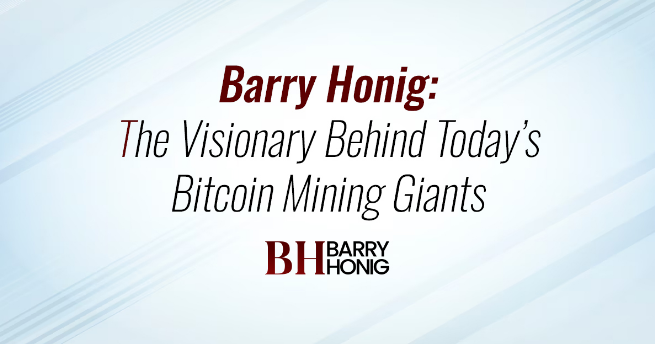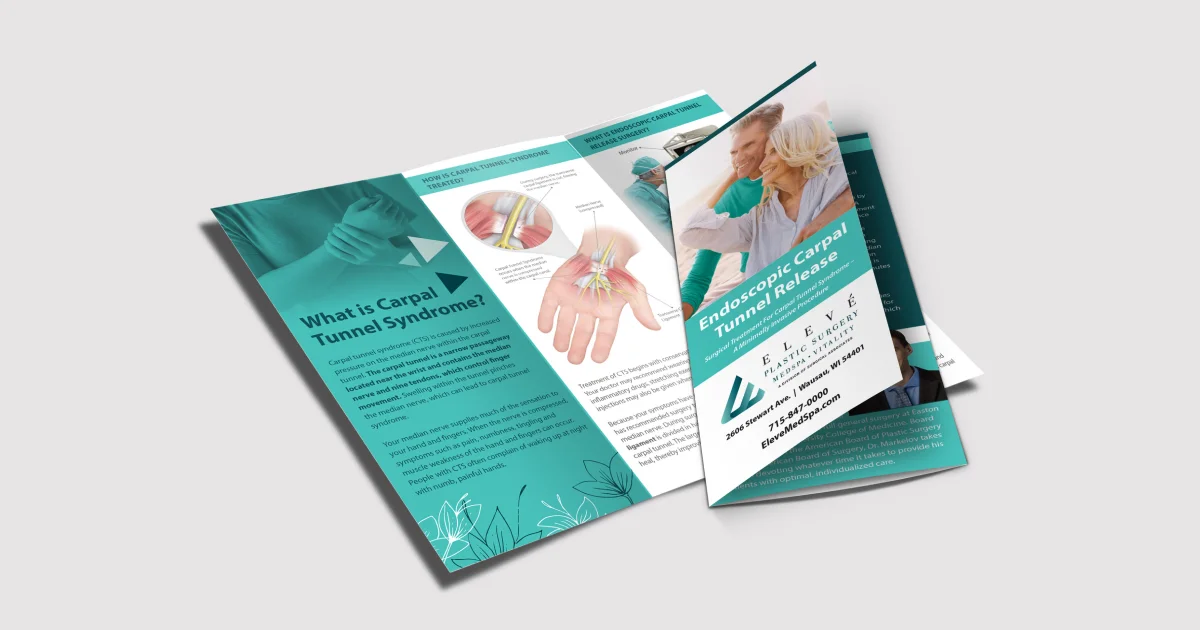Business
Trending
- How Toca Boca is Transforming Digital Play into a Creative Lifestyle
IntroductionDigital play has become an inseparable part of modern life. For children, teens, and eve...
The Unborn Odyssey: A Mythic Fantasy Novel Exploring Life, Death, And Identity is a literary journey through realms that exist between existence and non-existence. It invites readers to explore the soul before birth and the echoes after death. With rich world-building and philosophical undertones, this novel crafts a story that challenges perceptions of time, spirit, and selfhood. The narrative evokes timeless myth while anchoring the reader in deeply personal questions.
The Mythical Realm of the Unborn
In the world of the unborn, spirits float between veils of creation and void. This place is silent, shimmering with potential, yet burdened by the weight of forgotten lifetimes. Each soul hovers in waiting, neither alive nor dead, bound by a mysterious force that guides their entry into the world. This realm is not merely imagined but crafted from ancient myths reshaped through the lens of identity and transformation.
A Hero’s Journey Before Birth
Unlike typical heroes, the protagonist of this story is a soul not yet born. Their journey starts not in a village but in the womb of infinity. Every step reveals unknown pasts and possible futures. As they traverse through this liminal space, they encounter guides, watchers, and whispers that shape their sense of purpose and longing. This journey becomes a rite of passage that echoes with destiny.
Symbols of Life and Creation
Symbols in this novel breathe with mythic energy. Spirals represent cycles of rebirth, rivers of light flow like timelines, and trees bear fruit of memory. These elements help express the sacred bond between spirit and form. Each object and landscape holds meaning, and each symbol unravels layers of the soul`s evolving understanding. Creation is not physical alone but deeply metaphysical.
Confronting Death Without Dying
Death, in The Unborn Odyssey, is not an ending but an encounter. The unborn hero meets souls who returned from life bearing wisdom and sorrow. These beings, lost in limbo, become both mentors and warnings. Their stories mirror the pain of identity lost and reborn. Through them, the hero learns that death can be a teacher and an awakening force.
Spiritual Guides and Ancestral Forces
Guidance comes not from gods but from ancestral echoes and ancient voices. These forces are neither kind nor cruel but full of ancient knowledge. They test the hero’s will and offer truth through paradox. Some guides appear as beasts, others as shadowed reflections, each revealing what lies hidden in the soul. These encounters shape the hero’s sense of identity.
The Mirror of Memory
One pivotal element in the tale is a mirror that shows not reflections, but memories yet to be lived. Looking into it, the unborn sees versions of who they might become. The visions provoke both hope and fear. Identity is no longer a fixed thing but a branching path of choices. The mirror becomes a turning point in understanding selfhood.
The Voice of the Womb
A central mystery is the voice heard in silence. This voice calls from the world of the living, a mother’s whisper, distant yet pulling. It is a call of love, blood, and belonging. As it grows stronger, the unborn hero feels torn between freedom in the void and destiny on Earth. The voice symbolizes both bond and boundary, shaping the core dilemma.
The River Between Worlds
The river in this tale flows between dimensions, carrying the souls of those who chose or denied life. Its waters glisten with memory and ripple with song. The hero must cross it to find purpose. With every step across the river, their body forms, not in flesh but in identity. The journey over the river becomes a birth in spirit before flesh.
Shadows of Forgotten Lives
Throughout the novel, shadows trail the protagonist—ghosts of past incarnations. These echoes whisper lessons, regrets, and forgotten names. They are not obstacles but inner truths. The hero must face these shadows to integrate who they once were. This confrontation adds depth to the search for wholeness and makes identity a mosaic of many past selves.
The Trial of Names
Before entering the world, every soul must speak their true name. This name is not given but earned. It contains the sum of their will, choices, and essence. To find it, the hero must endure a trial that strips away illusion. The name, once spoken, seals the path forward. It is a final act of claiming one`s selfhood.
The Labyrinth of Doubt
Near the climax, the protagonist enters a dreamlike labyrinth woven from doubts, fears, and lies. Each twist leads them inward. They must question everything: their purpose, worth, even the idea of being born. This trial does not promise answers but understanding. The labyrinth teaches that identity must be chosen, not inherited.
The Gate of Becoming
At the edge of the world of the unborn stands a gate carved from time and intention. It is the point where soul becomes form. The hero must choose to pass through or remain in the timeless dark. This moment reflects the story’s core question: is life a burden or a gift? Crossing the gate is not just a birth but a declaration.
Themes of Identity and Choice
The Unborn Odyssey explores how identity is not discovered but forged. Choice plays a vital role. Whether to love, to learn, to become—all stem from internal power. The book questions what it means to be “someone” when the self has no shape. It suggests that we are born not just from biology, but from belief.
A Myth for Modern Souls
Though set in a fantasy world, the novel resonates with modern readers. It speaks to anyone questioning their place, worth, or voice. Through myth, it illuminates psychological truths. The tale offers more than escapism—it offers reflection. It is not only a story to read, but one to live inwardly.
Echoes After the Last Page
When the story ends, its echoes linger. Readers are left with questions about their own beginnings. Were we called into this world with purpose? Did we once choose this life? The novel does not answer but invites reflection. Its power lies in awakening wonder. The Unborn Odyssey becomes a mirror, asking readers who they truly are.
Recent Articles

About Admin
This post has been published by the admin of our website, responsible for content management, quality checks, and providing valuable information to our users.










